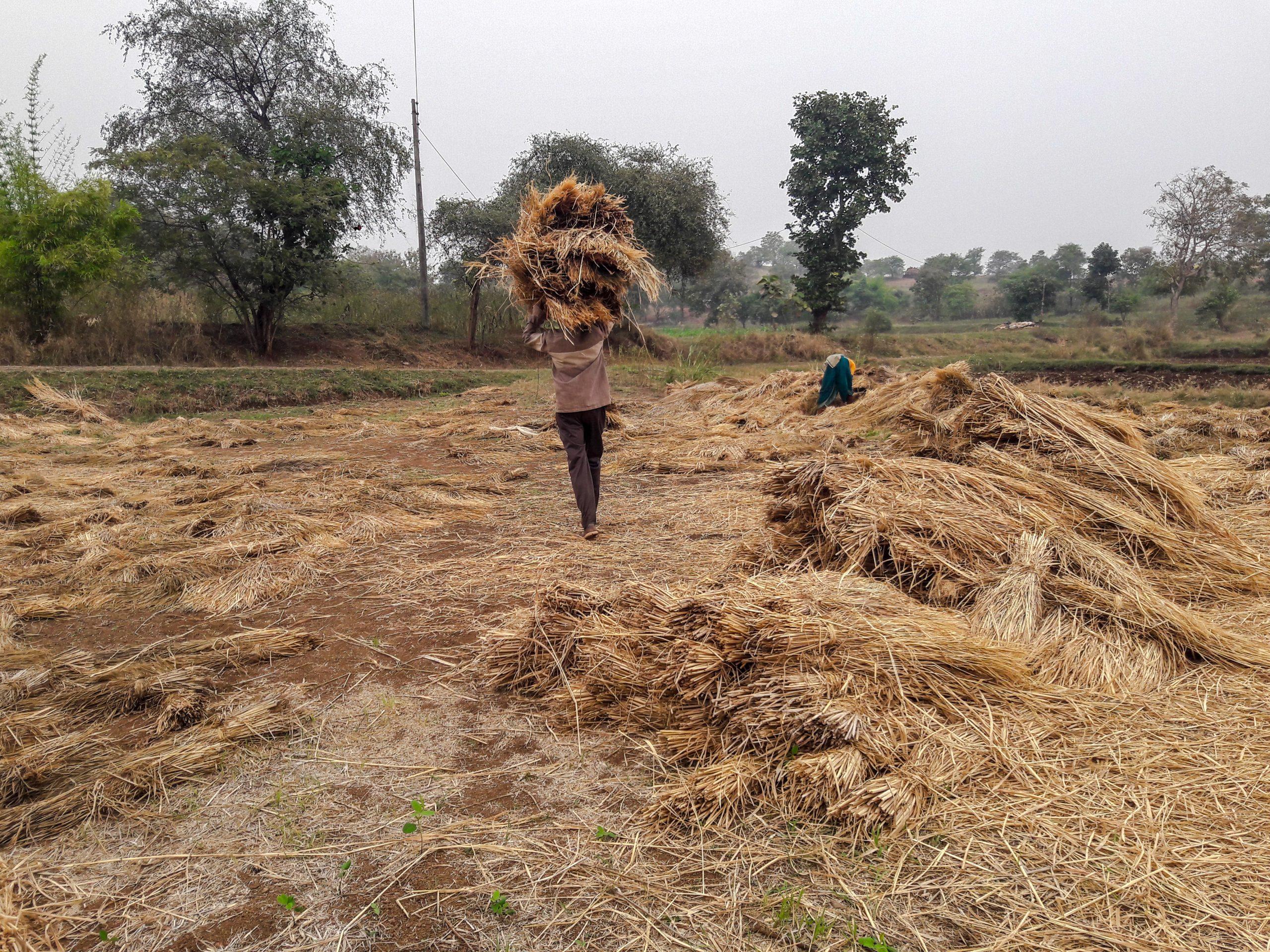Union Minister of Environment, Forest & Climate Change, Bhupender Yadav, presided over a workshop to kick start an initiative to tackle stubble burning. The Minister released CPCB Guidelines for grant of one-time financial support for promoting establishment of paddy straw-based palletisation and torrefaction plants. These plants, once set up, would utilise a sizeable portion of the unmanaged paddy straw and help address the issue of crop residue burning and the resultant air pollution.
Speaking at the workshop, the minster said that the government has taken various steps to tackle the issue of stubble burning and a large quantity of paddy straw is now being managed through in-situ and ex-situ management options. Statutory directions have been issued to thermal power plants to co-fire biomass-based pallets, torrefied pellets and briquettes (with focus on paddy straw) with coal (up to 5-10%) and to industries operating in NCR other than GNCT of Delhi to switch over to PNG or biomass fuels during 2022.
These have led to a large demand for biomass-based pallets, though supply is on lower side due to slow and limited growth of aggregators and suppliers. Thus, CPCB guidelines would bridge a crucial gap in the biomass supply chain.
The guidelines give preference to units proposing to install equipment that is made in India. Preference is also given to those units which have agreement with farmers located in NCT of Delhi, Punjab and Haryana, Rajasthan and Uttar Pradesh, to ensure assured supply of paddy straw.
Paddy straw burning in Northern regions of India has emerged as one of the major causes of air pollution during winters, especially in Delhi-NCR. Under CPCB guidelines, individuals, entrepreneurs and companies, interested in setting up palletisation and torrefaction plants, using only paddy straw generated in the NCT of Delhi, Punjab, Haryana, Rajasthan and Uttar Pradesh can submit an application for obtaining a one-time grant for capital investment.
The minister urged the farmers to avoid stubble burning and promote its utilisation being a valuable resource. He also urged agricultural entrepreneurs to apply for availing grants under the guidelines. He said that it has a potential to create employment among the rural youth.
Emphasis was laid on the need for collaborative efforts of State Pollution Control Boards and other concerned agencies for effective implementation of guidelines.
Under the guidelines, a maximum grant of ₹14 lakh per ton/hr for non-torrefied pellet plant and ₹28 lakh per ton/hr for a torrefied pellet plant is being provided under the guidelines, with an overall cap of ₹70 lakhs for the former and ₹1.4 crore for the latter. A corpus of ₹50 crores has been earmarked for utilisation through the guidelines.
Assuming complete utilisation of the corpus, over 1 million metric tonnes of paddy straw-based pellets are expected to be generated every year. With supplemental efforts by other stakeholders, the guidelines are expected to enhance paddy straw utilisation in power plants and industries, catalyse rural economy and further the spirit of entrepreneurship.
The ministry has also granted 190 environment clearances (EC) so far for grain-based ethanol production projects aggregating 34,368 KLPD.


























